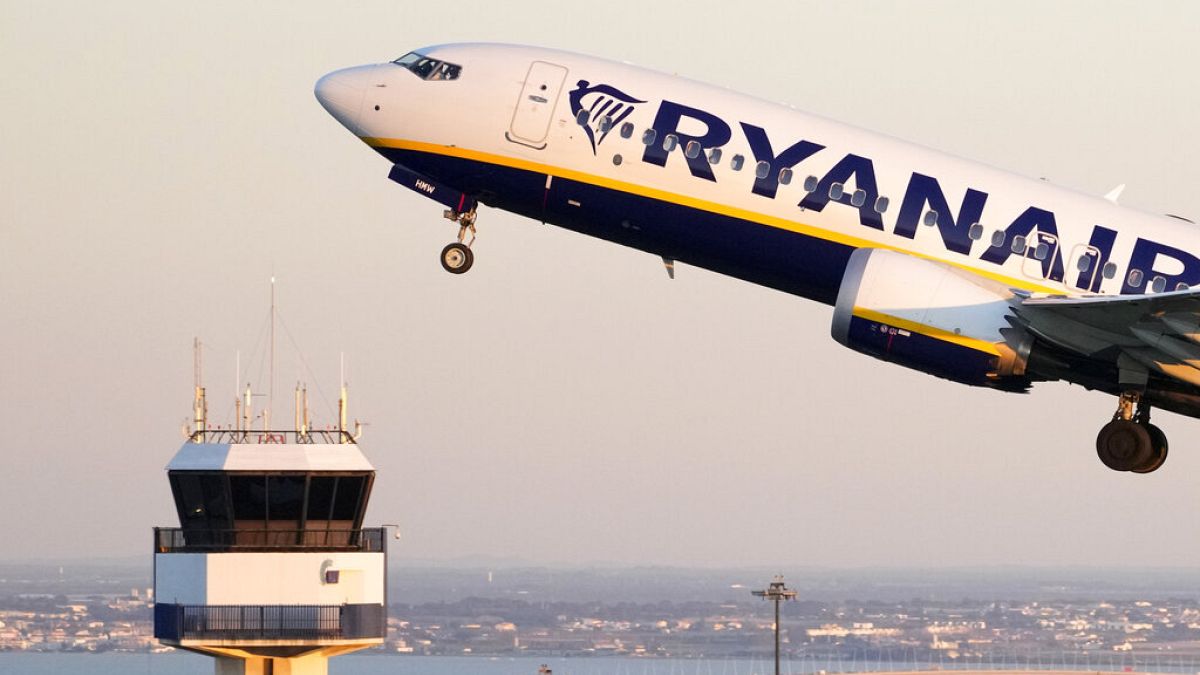Airlines believe it is unfair of Europe to deprive other economies of the benefits they have enjoyed for decades because of the renewable transition.
Several airline executives have spoken out against a growing European movement wanting to cap travel and flights abroad in order to support the green transition.
Movements such as flight shaming, pioneered by environmental activist Greta Thunberg have been enthusiastically adopted by some members of the public, leaving consumers who can do so, choosing greener ways to travel to avoid the “shame” of taking flights.
Airlines, however, are not impressed. The industry has already been struggling since the pandemic, when lockdown prevented most flights and, post the pandemic, soaring energy costs because of Russia’s invasion of Ukraine and the latest conflict in the Middle East has lowered passenger numbers. They are only just recovering.
The airline industry feels it is now facing more hurdles than it should be as countries such as Ireland, the Netherlands and Belgium bow to pressure from environmentalists who are trying to cap air travel.
Anti-airline groups pile on the pressure
So far, about 20 organisations have campaigned for the EU, national governments and some of the biggest airports in Europe to introduce caps on the number of flights, as well as bring in flight curfews.
These organisations have recently filed a tribune, which says, as reported by Stay Grounded: “We, the neighbours of Europe’s five largest airports – Paris CDG, London-Heathrow, Madrid-Barajas, Frankfurt, Amsterdam-Schophol – call on our governments and Europe to cap all airports, aerodromes and heliports to halt the uncontrolled growth of air traffic.
“Air traffic has returned to its 2019 level, and if we are to believe the players in the sector, it could double by 2040. This is a disaster when we know that this increase in the number of flights is compatible neither with our climate objectives, nor with protecting the health of people affected by noise and air pollution.
“The scientific studies are clear and leave no room for doubt. What’s more, there are rail alternatives for many European destinations. Given this situation, clear and determined political choices must be made, as was recently the case for Amsterdam-Schiphol airport.”
Europe-wide problem, not shared by the rest of the world
Willie Walsh, director-general of the International Air Transport Association (IATA) was reported by The Telegraph as saying: “This debate around whether growth in travel should be suppressed is a European debate. It’s solely a European debate and solely in certain parts of Europe. You don’t have that discussion in other parts of the world.
“When I travel around and meet with airline CEOs and politicians outside of Europe, they have a huge appreciation for the value that new connectivity will bring to their economies.
“I think we’re quite arrogant actually to believe that the rest of the world should follow what Europe is doing. The rest of the world wants to have the benefit that Europeans have had.”
Airlines need more support for the green transition
Airlines have come under immense pressure over the past few years to reduce their carbon footprint, despite them not being responsible for engine production or aircraft manufacturing, in the majority of cases. Nor are they responsible for coming up with low-carbon fuel solutions or refining them.
However, airports and airlines still remain the soft target of choice, with increasing calls to cap passenger numbers, as has happened recently at Dublin airport, in the name of the green transition.
This time, the airline industry has spoken out and asked for support, much like other industries, in order to make the move to renewable energy and greener practices. First and foremost, this would mean the production of sustainable aviation fuel (SAF), which is still woefully underproduced in several parts of Europe.
The green transition for the aviation sector is still likely to be slow, without significant government support in both ramping up SAF production, as well as grants and subsidies to procure it.
Without these support measures, airlines and travel companies are likely to continue facing financial issues, as demonstrated by FTI, Europe’s third-biggest travel group which has just filed for insolvency.
The company has cancelled already booked package holidays but says it is doing its utmost to ensure that they can be completed as previously expected. As of now, it is still unknown how many travellers are likely to be affected.

